We’ve heard the warnings, but learned to live like they don’t matter.

The facts haven’t exactly been subtle. We’ve had satellite data, IPCC reports, record-breaking weather, and scientists practically begging the world to pay attention. But despite the noise, most people still go about life like the worst is always somewhere far off. It’s not ignorance—it’s exhaustion, denial, distraction, and systems that quietly reward inaction. We didn’t sleep through the climate crisis. We just kept hitting snooze.
The alarm’s been sounding for decades, but instead of jolting us into urgency, it’s become background noise. Comfort, convenience, and confusion keep winning out. Meanwhile, carbon climbs, ecosystems crash, and every year of delay gets harder to undo. Understanding what’s really behind the silence—the internal blocks and external forces—might be the only way to finally shake us awake. These aren’t just excuses. They’re the deeply wired, socially reinforced reasons we keep putting off the one thing we can’t afford to postpone.
1. We stick to familiar habits, even when they’re wrecking the planet.
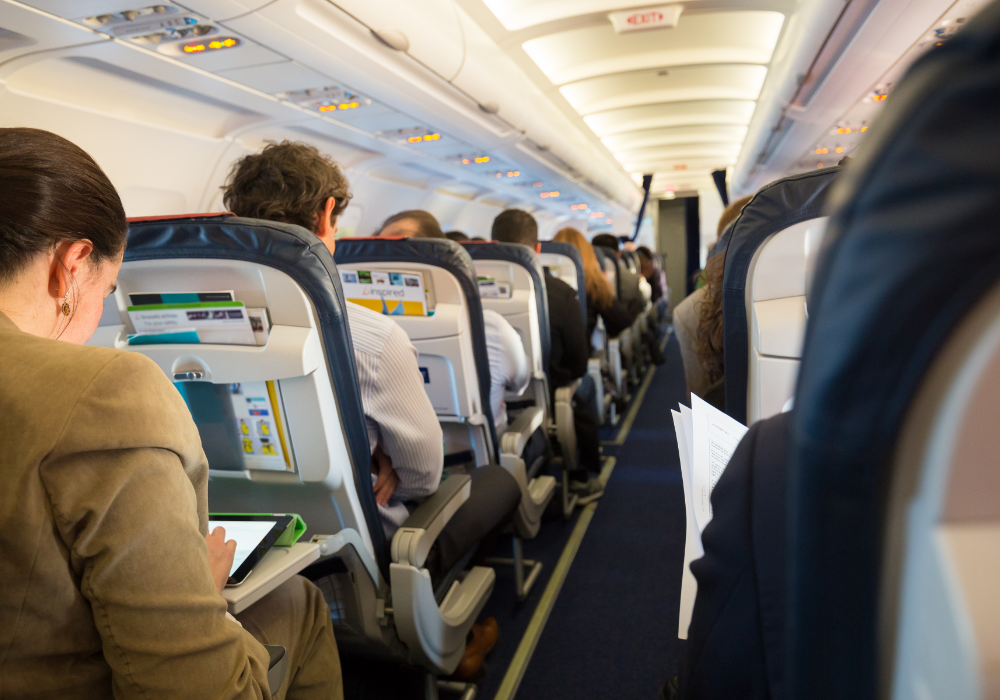
Even when the facts are clear, change feels like a threat. Driving less, flying less, rethinking how we eat and shop—it all sounds overwhelming. Valerio Schiaroli and others note in ScienceDirect that the convenience of existing habits often outweighs the energy required to adopt sustainable alternatives, making change feel like a burden.
The longer those habits go unchallenged, the more normal they feel. And when everything around you—ads, prices, store shelves—is built to support the unsustainable option, it’s hard to make a different choice. We like to think we’ll shift when it really matters, but for most people, comfort becomes the deciding factor. In the absence of structural change, individual change feels optional, even when it’s not.
2. Guilt makes us feel worse about climate change—but not better equipped to act.
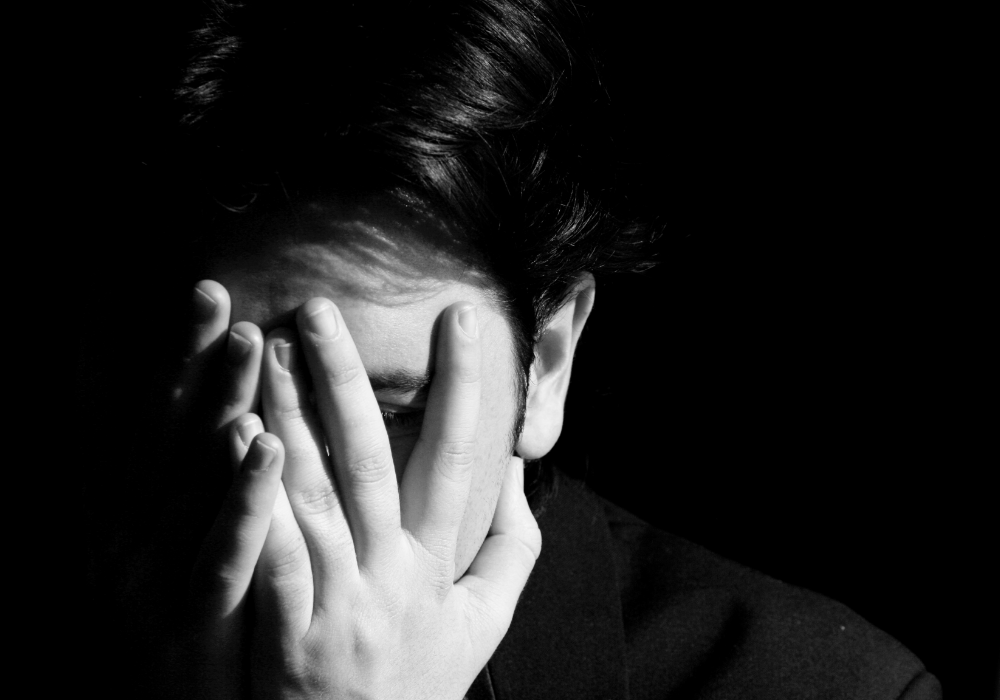
Once you start paying attention, it’s hard not to feel like everything you do is wrong. Every flight, every plastic wrapper, every new purchase starts to feel like a moral failure.
Jennifer Jacquet writes in Oxford Research that guilt and shame often isolate individuals rather than inspiring them to take meaningful action toward climate solutions. It makes the climate crisis feel like a personal shortcoming instead of a collective emergency. And when climate messaging leans too heavily on personal responsibility, it only reinforces the idea that you’re never doing enough.
Without shared action, guilt becomes another barrier. People need systems that support change, not a constant sense of failure for not being perfect. Guilt might spark awareness, but lasting action needs something stronger: belief that progress is possible.
3. Fossil fuel companies spent decades shaping public opinion.
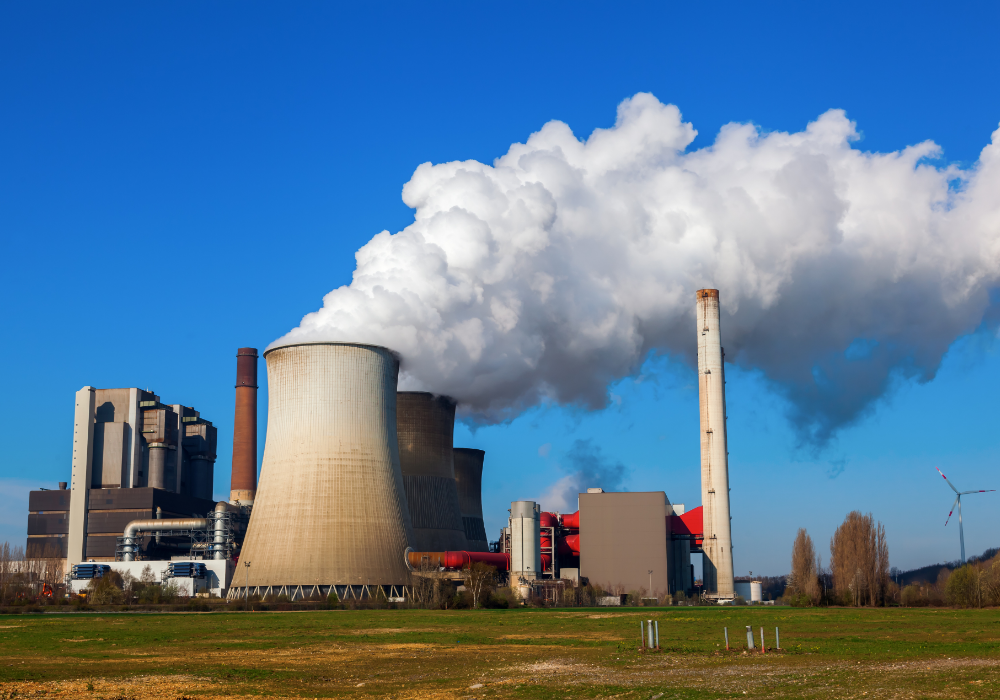
Zanagee Artis writes in NRDC that since the 1980s, major oil companies have poured money into think tanks, lobbying, and media campaigns designed to confuse the public about climate change and shift responsibility to consumers. They knew the science and buried it to protect profits. The message stuck. Climate denial may be less mainstream now, but its damage lingers in subtler ways. People still believe climate action means collapsing the economy or losing modern comforts, because that’s what they were told for decades.
These narratives were designed to confuse, to delay, and to keep fossil fuels flowing. Even now, with wildfires and floods in the headlines, many still hesitate to act. The delay wasn’t a natural consequence of uncertainty—it was manufactured doubt. And it bought corporations decades of damage with zero accountability.
4. Climate anxiety is real—and it’s keeping people quiet.

The more aware you are, the heavier it feels. Some days the facts land like a punch to the chest. Melting glaciers, mass extinctions, collapsing ecosystems—it’s enough to trigger a constant low-grade panic. That mental weight doesn’t always spark activism. It often leads to silence, shutdown, or denial.
Climate anxiety has become so common that researchers now study it as its own phenomenon. People want to care, but they’re also trying to hold jobs, raise kids, and stay functional in a system that rarely slows down. Talking about the climate crisis means facing the possibility that everything could change—or already has. And that’s terrifying.
So people cope by pushing it down, treating it like background noise, or pretending it’s not urgent. It’s not because they don’t believe in the science. It’s because facing it too directly can feel emotionally impossible without hope or direction.
5. Politicians campaign on climate, then cave to short-term interests.

Climate change demands long-term thinking, but politics rewards short-term wins. Elected officials often promise big, then stall out once in office. Even leaders who acknowledge the crisis keep approving pipelines, subsidies, and fossil fuel projects behind the scenes.
It’s not always because they don’t care—it’s because climate action threatens powerful interests. Industry lobbyists have deep influence, and fear of backlash or economic disruption keeps bold policy on the back burner. Real change takes political risk, and few are willing to take it. So we get watered-down targets, performative speeches, and timelines that stretch past their terms. Meanwhile, emissions climb. The longer we reward hesitation over action, the more time we lose.
6. Constant climate disasters are making us emotionally numb.
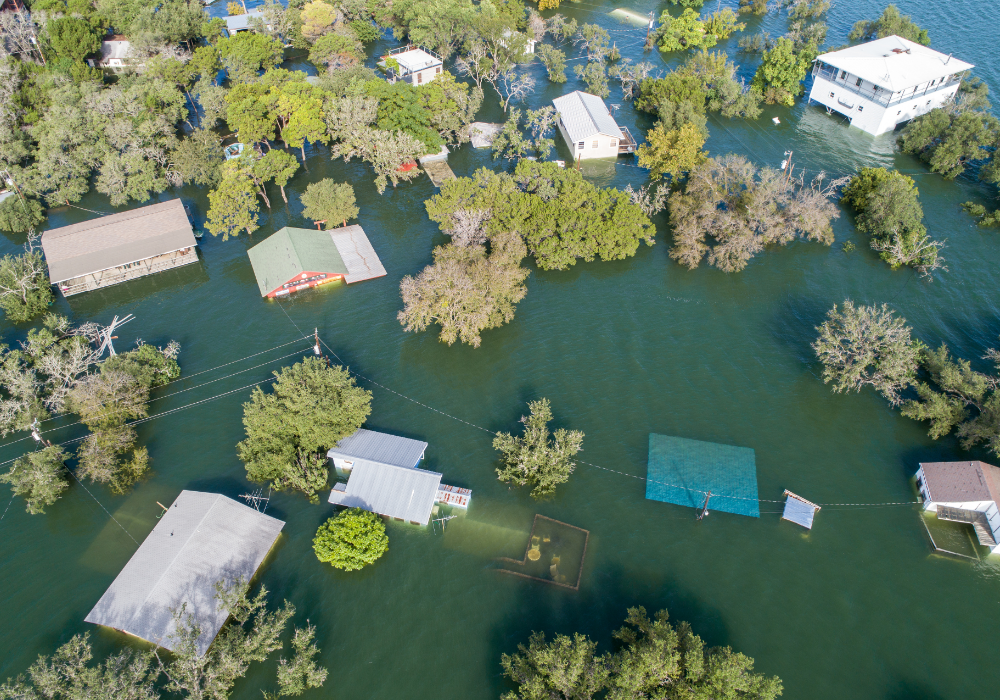
Fires, floods, hurricanes, droughts—climate disasters dominate the headlines more than ever. But instead of prompting urgency, the constant barrage of bad news wears people down. When every week brings a new record-breaking crisis, it starts to feel routine, not shocking.
This kind of emotional burnout makes it harder to stay engaged. People start tuning out because it’s too overwhelming to hold the full weight of the crisis every day. Media cycles move on quickly, leaving no time to process what just happened before the next disaster hits. We’re not failing to act because we don’t know what’s happening. We’re failing to act because the sheer frequency of crisis has made it feel normal—and that’s a dangerous place to be.
7. Climate action feels impossible when the system fights back.
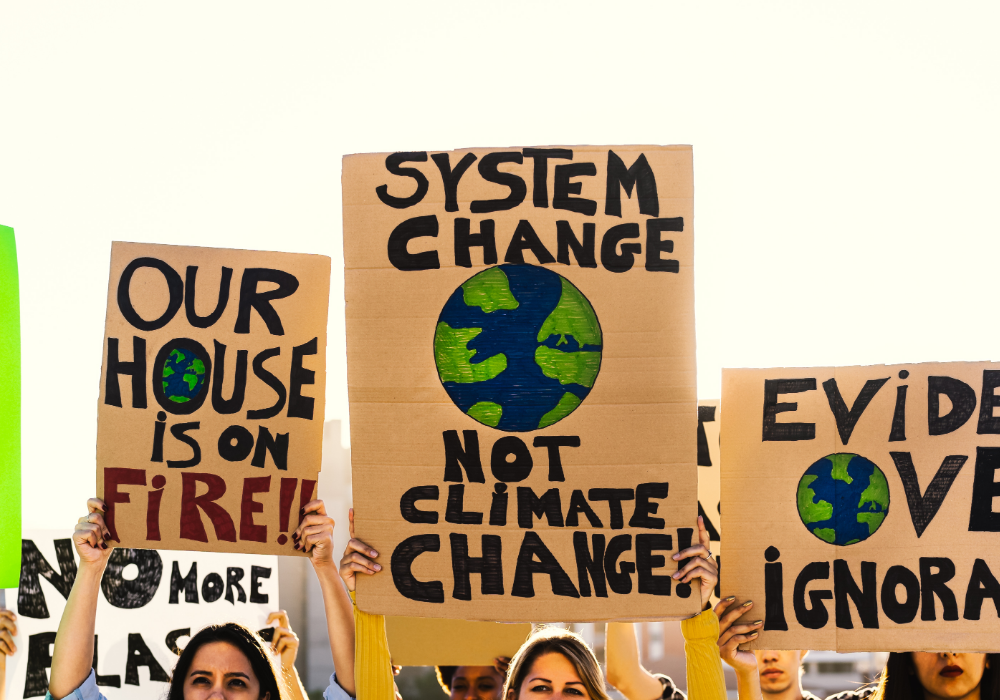
It’s hard to stay motivated when every green choice feels like swimming upstream. You buy less, waste less, try to live more consciously—but the infrastructure around you doesn’t make it easy. Public transit is unreliable, low-waste stores are rare, and sustainable options are often buried behind plastic-wrapped everything.
Even when you do everything “right,” the system keeps defaulting to convenience, carbon, and cheap production. That mismatch wears people down. It sends the message that personal effort won’t ever be enough—which, without policy and structural change, is true. People aren’t lazy or unaware. They’re doing their best in a system that quietly punishes the right choices while rewarding business-as-usual.
8. We treat climate like a future problem—even as it’s happening now.
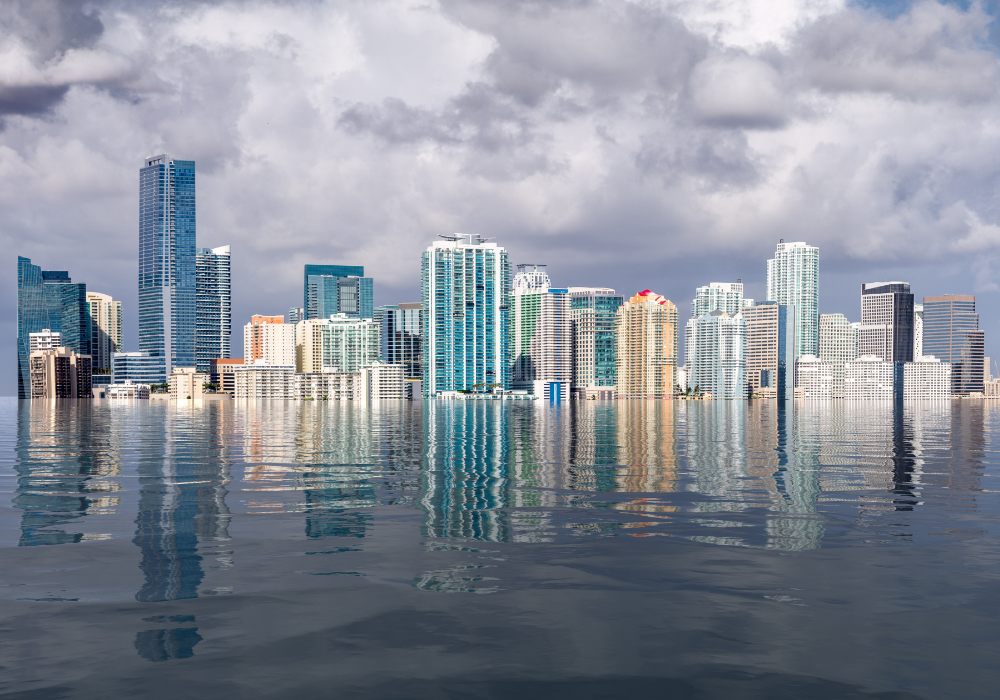
Somewhere along the way, climate change got framed as a future concern. Sea levels in 2100. Heatwaves in 2050. That kind of framing made it easier to delay action—even as the symptoms started showing up right outside our windows.
This future-focus created distance. It made climate feel like a scientific theory instead of a daily reality. But the present is full of warning signs: deadly heatwaves, displaced communities, crop failures, and public health crises tied to pollution and extreme weather. These aren’t projections—they’re headlines.
The longer we keep thinking in decades instead of days, the more disconnected the public becomes. Climate change is already reshaping the world in uneven, irreversible ways. And yet, public messaging still leans on “what might happen someday,” rather than what’s unfolding now. It’s a framing problem with real consequences.
9. Too many solutions feel built for rich people.

Sustainable swaps shouldn’t be a luxury, but that’s how they’re often marketed. Organic produce, electric cars, low-waste home goods—they’re usually priced for a privileged few. That leaves the rest of the population feeling locked out of the movement or shamed for not doing “enough.”
This gap isn’t just economic—it’s emotional. When the greenest options cost the most, it sends the message that climate action is only for those who can afford it. That’s not just unfair, it’s a strategic failure. Real change won’t happen if the majority of people are priced out. Until sustainability becomes a standard, not a status symbol, we’ll keep spinning in place.
10. We keep outsourcing the blame to someone else.
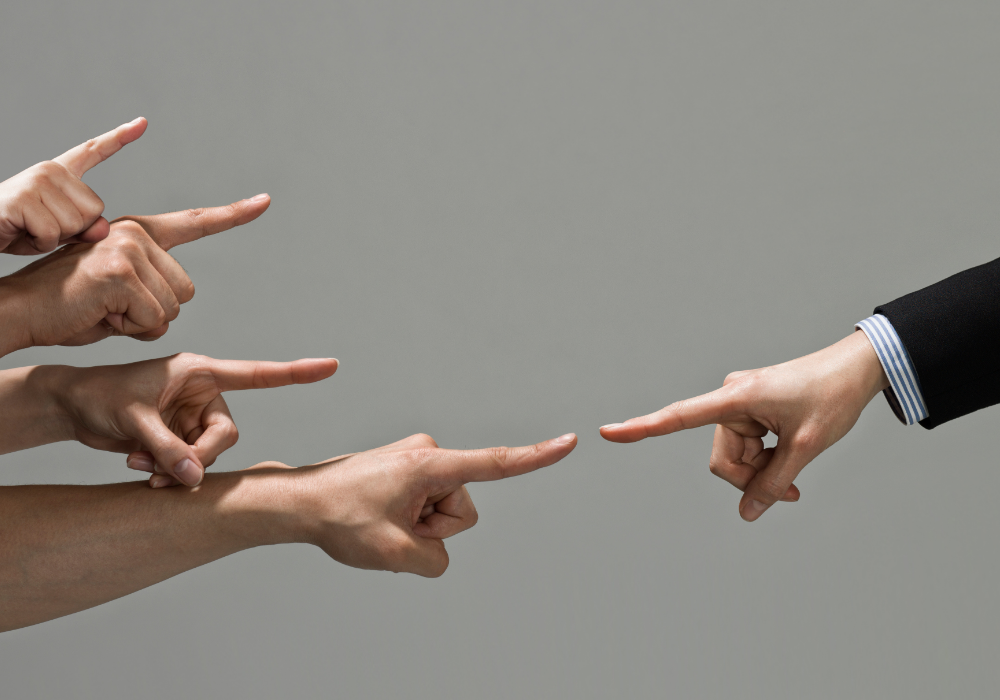
It’s easy to point the finger—at politicians, corporations, or other countries. And to be fair, those targets deserve scrutiny. But constantly shifting blame also gives people permission to stay passive. If it’s always someone else’s fault, it’s never our responsibility.
This mindset builds inertia. It keeps us locked in arguments over who’s more at fault instead of what we can actually change. We can demand accountability and still recognize our own role in pushing for progress. The more we outsource the blame, the less pressure anyone feels to act. And that’s exactly how nothing changes.
11. We celebrate tiny wins while ignoring massive contradictions.

Reusable straws and tote bags are great—but they’re not going to solve an emissions crisis. Still, these small steps get framed as climate victories while governments approve new oil fields and companies build bigger factories. It creates a strange disconnect between what we celebrate and what actually matters.
This mismatch dulls urgency. People get praised for minor habits while massive, high-impact systems stay untouched. That doesn’t mean individual action doesn’t count—it does. But it also means we need to stop letting small wins distract from big fights. Progress isn’t about perfection, but it should at least be pointing in the right direction.
12. We’ve gotten used to the sound of the alarm.
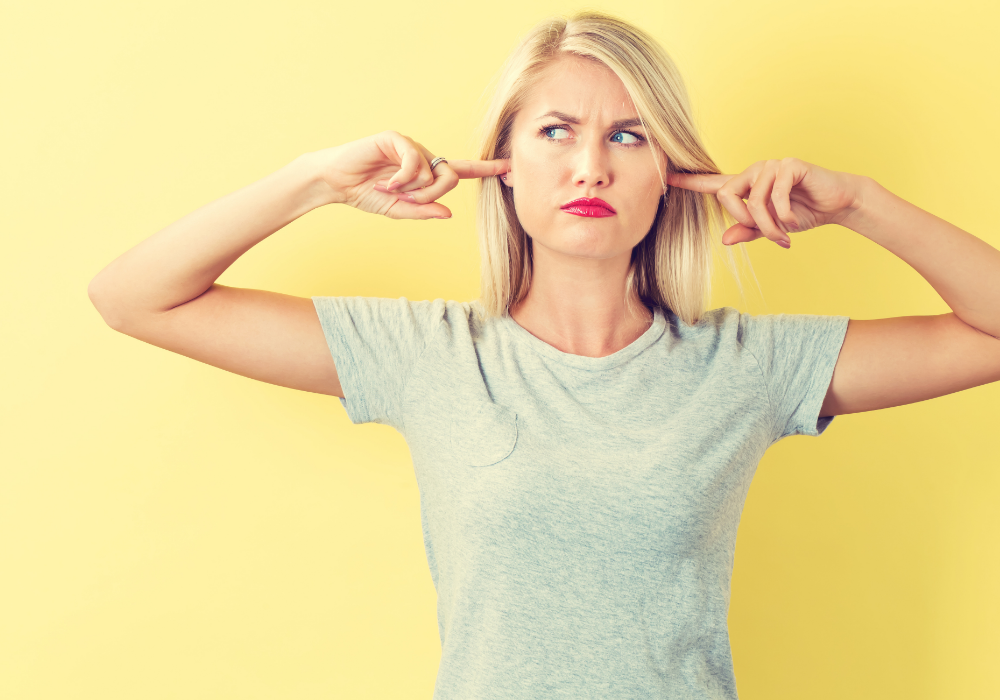
The warnings aren’t new. They’ve just become so familiar that they’ve lost their sting. Ice caps melting, forests burning, temperatures rising—none of it shocks the way it used to. We’ve heard it all before, and that familiarity is dangerous.
Over time, repeated exposure makes even the most urgent facts feel ordinary. It’s a psychological response known as “alarm fatigue,” and it doesn’t just happen in hospitals or fire drills—it happens with climate, too. The crisis no longer struggles to get attention. It struggles to hold it.
In a world flooded with bad news, the climate alarm becomes background noise. But tuning it out doesn’t make it less real. It just makes it easier to keep doing nothing. Awareness isn’t enough. We need reminders that move us—not just repeat what we already know.